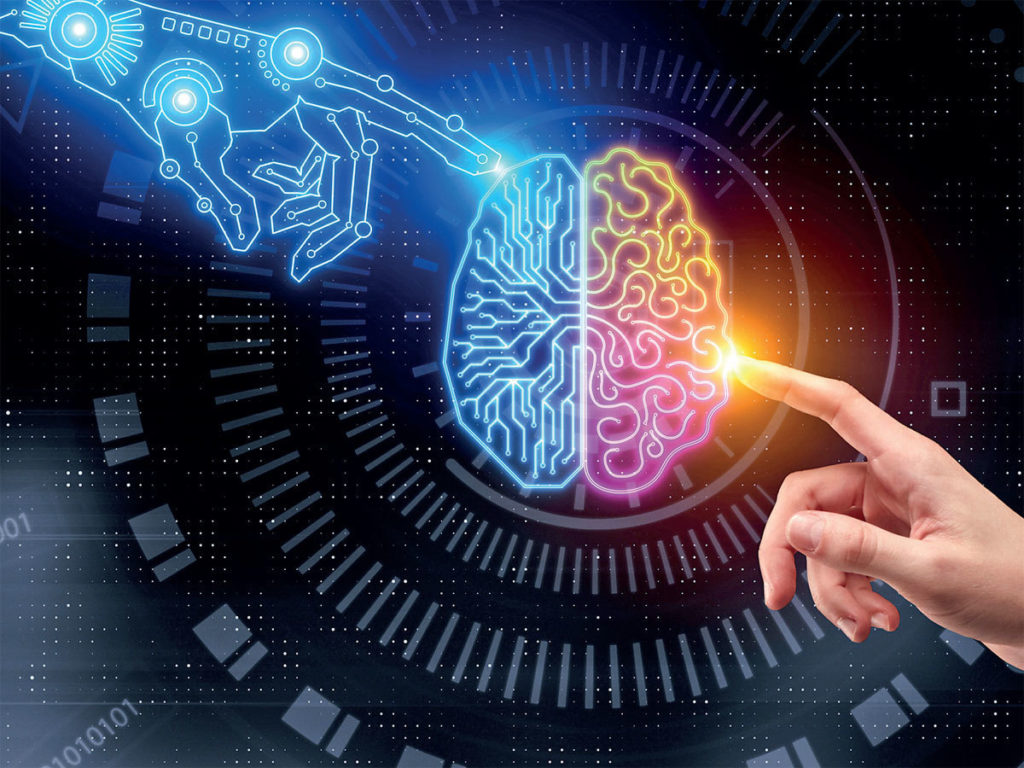Artificial intelligence is no longer limited to science fiction films. It is becoming an increasingly crucial part of our everyday lives. According to the Artificial Intelligence Market in the US Education Sector 2017-2021 report, experts anticipate AI in education will grow by “47.50 percent during the period 2017-2021.”
As a result of technology improvements, several sectors are transforming. Cell phones and the internet are two interconnected technologies that have a big impact on our daily lives. The amount of screen time that children should have is a point of contention among psychologists, educators, and parents. Another rapidly gaining traction technology has the potential to significantly transform the educational landscape.

Given the expected rise of AI in education, here’s a look at some of the roles AI will play in the classroom.
Learning-
One of the most essential roles of artificial intelligence in education is to support learning. Learners are taught fundamental abilities so that they can go through questions and answers with minimal effort. It would also provide students with regular feedback.
The AI will explain the concept to ensure that the inaccuracies are fixed. It will discuss how those mistakes are leading one to lag behind. Teachers will have more time to work on other projects because the topic will be thoroughly debated. As a result, it is clear that artificial intelligence is the way of the future in education.
Grading-
Even in the lower grades, teachers usually discover that grading takes up a significant amount of time, time that could be spent interacting with students, planning lessons, or working on professional development.
While AI will never be able to totally replace human grading, it is getting close. Teachers can now score almost all multiple-choice and fill-in-the-blank assessments mechanically, and automated grading of student work may not be far behind.
Accessability-
Thanks to AI, educational courses can become accessible to all students, even those with hearing or vision impairments or who speak multiple languages. Students who need to learn at different levels, want to learn a subject not offered at their school, or are ill and unable to attend classes will benefit from this. AI can break down the barriers that exist between traditional grade levels and schools.
Interesting-
According to studies, children who enjoy learning are more likely to study harder and try new activities. Students are encouraged to continue their studies by the use of cutting-edge technologies. AI-based e-learning can help students become more motivated. This, however, appear to be a challenging task. As a result, new knowledge acquisition methodologies, such as the use of artificial intelligence (AI), must be investigated.
Benefits To Educators-
Given the number of tasks on their daily to-do lists, most instructors and staff aren’t shy about admitting they struggle with time management. Educators would like to spend more time one-on-one with students, conducting research, and increasing their own education, but they lack the time. AI can help instructors save time by automating chores, analyzing student performance, and closing the educational gap.
If you are a student and are facing doubts related to any subject, do check out the doubt buddy app. It is the best doubt-solving app that provides instant and 24/7 solutions to all your problems. There are some of the best tutors there to guide you through your studies.
Check out more articles from us- https://blog.doubtbuddy.com
Check out our website- https://doubtbuddy.com



